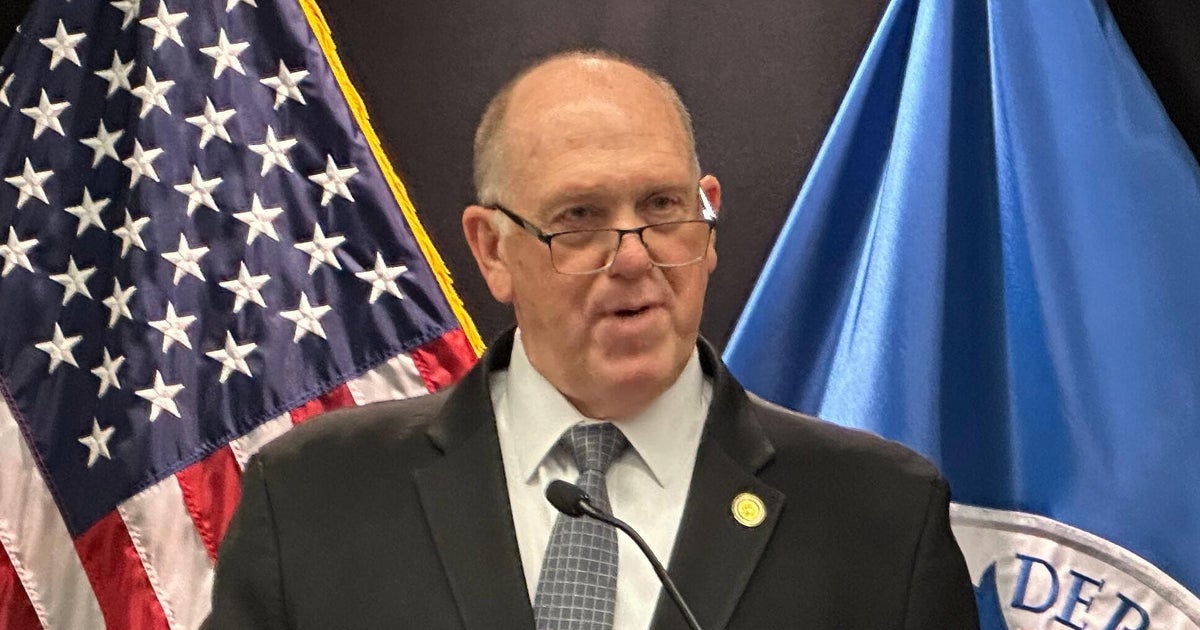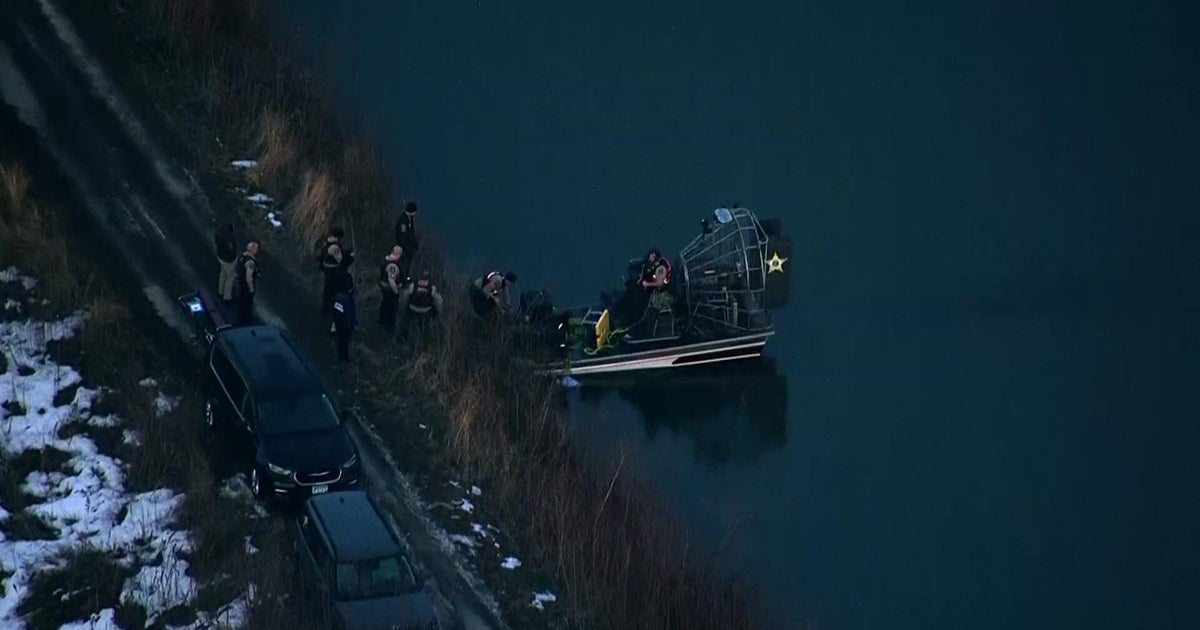Why Are Misleading Campaign Ads Allowed On TV?
MINNEAPOLIS (WCCO) -- We are still 53 days from the election, but political TV commercials already fill the airwaves. Like in past campaigns, some of the ones currently running on air can stretch the truth.
So several WCCO viewers wanted to know: Why are misleading campaign ads allowed on TV?
"Whatever those advertisements say, the station has to run them as submitted," said Jane Kirtley, University of Minnesota professor of media ethics and law.
The Federal Communications Commission requires broadcasters to air political ads from federal candidates. Those ads cannot be edited or altered. According to Kirtley, the FCC has ruled that even graphic or false political advertising from a candidate cannot be censored.
If a station chooses to run a candidate ad for state office, the station must run ads for that candidate's opponent(s).
"If it's false or defamatory or libels another candidate, then that candidate would have the right to sue," said Kirtley. "But they couldn't sue the station."
The FCC has a different standard for ads from third-party or political groups. Stations are allowed to reject those, but it's rare. Earlier this year, television stations in North Carolina pulled a National Republican Senatorial Committee ad attacking a Democratic candidate for U.S. Senate. The group re-worded the ad and it went back on the air.
In Minnesota, the Fair Campaign Practices Act makes lying in a political ad a misdemeanor. The courts have made that tough to prove because it needs to be shown that the person who made the ad knew it or had reason to know it was false.
Kirtley points to a long tradition of robust political debate to explain the strong protections for political communication in the U.S.
"It may not be one that a lot of people are comfortable with this this but the Supreme Court has upheld because It all comes back to the question of who's opinion is this," she said. "That's the bottom line – who's going to decide what runs?"
Ultimately, she believes it's up the stations to fact-check the ads, though that's not a federal or state requirement.
"I really hope that journalists hold their feet to the fire," Kirtley said. "I hope who's ultimately going to decide is going to be the public may be assisted by journalists who will write stories about these ads, so they can decide for themselves."







